The 17 Most Important Moments In The 70-Year History Of The Cell Phone
In the mid-1940s, mobile telephone service (MTS) devices started popping up. They let you make phone calls over radio waves, but they only worked over a limited geographical area. Sorry, no long-distance calls. Eventually, the technology improved and radio phones were installed in vehicles. This became pretty common well into the 1990s.

The next big challenge for phone makers was to create a handheld device, not something clunky that had to be installed in your car. Motorola won the handheld race. It demonstrated the first handheld cellular phone, the Motorola DynaTAC, in 1973.
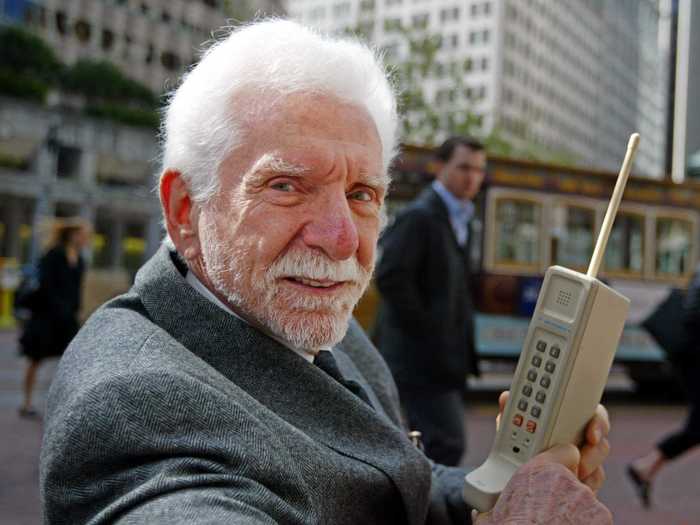
Most of those early handhelds from the late 1970s and 1980s ran on so-called "1G" analog networks. The technology wasn't perfect, and it was relatively easy for someone to hack your signal and eavesdrop on calls. 1G networks no longer exist.
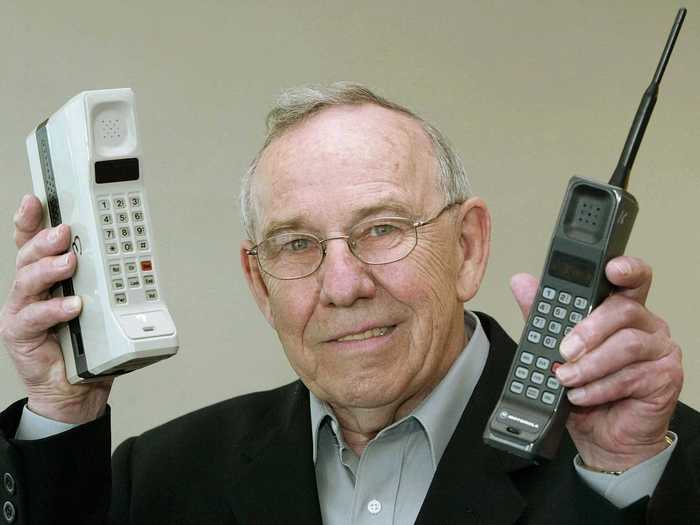
By the late 1980s and early 1990s, carriers began transitioning to "2G" digital networks. These networks provided higher quality calls and were more secure. Variations of 2G networks with faster data speeds and clearer calls still exist today. 2G networks were also important because they allowed you to send text messages and transmit data.

Nokia was the king of these 2G phones in the late 90s and early 2000s. You probably had a phone that looked like one of these.
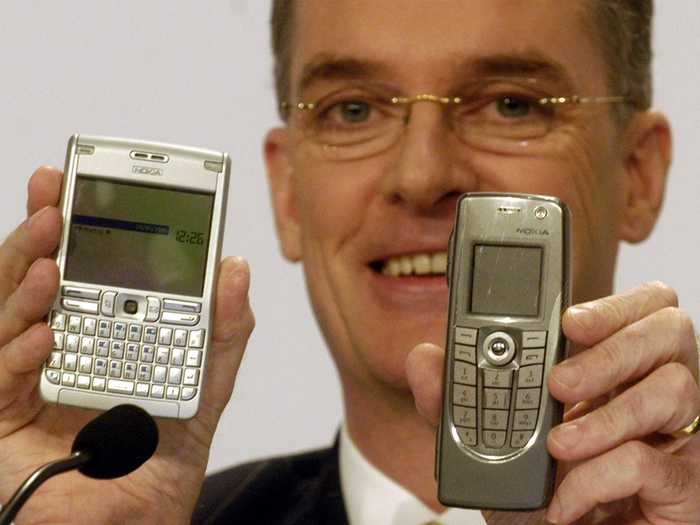
The Internet age hit phones with the creation of 3G networks in the early 2000s. 3G networks could transmit data at broadband speeds. Phones could access some dumbed-down websites that were mostly just text. Eventually, 3G networks could be used to stream audio, video, and display full websites.
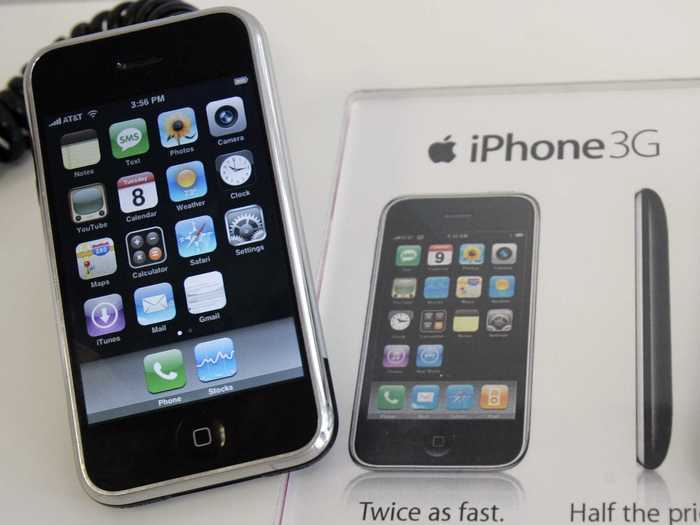
The Motorola Razr was perhaps the most popular phone of the 3G era. Chances are you owned a variation of this one too.
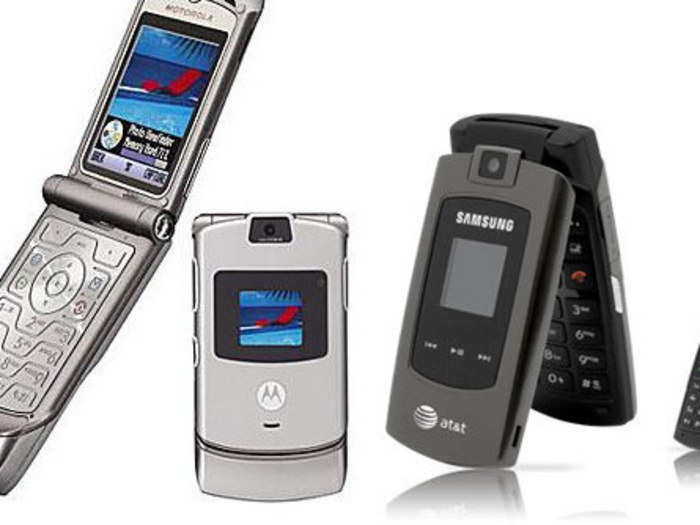
In the early 2000s, smartphones were mostly for enterprise users. And the king of smartphones was still the BlackBerry. The first BlackBerrys were mostly just emailing machines with phone capabilities. But they got a lot better over time.
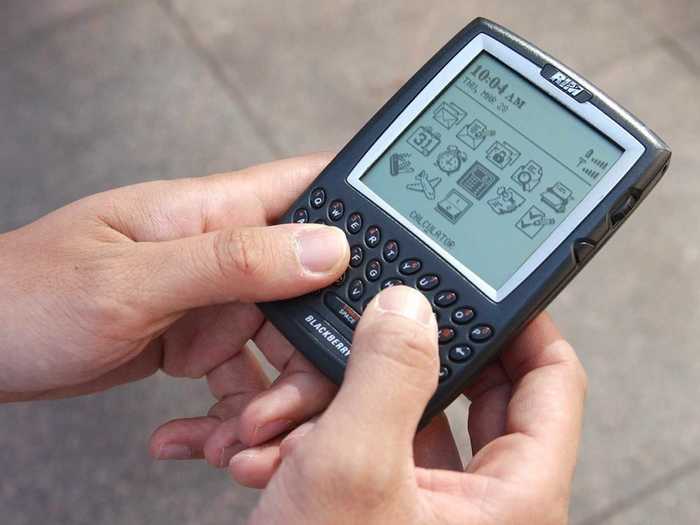
But the smartphone completely changed forever when Apple launched the touchscreen-only iPhone in 2007. It took a few years before the competition could catch up.
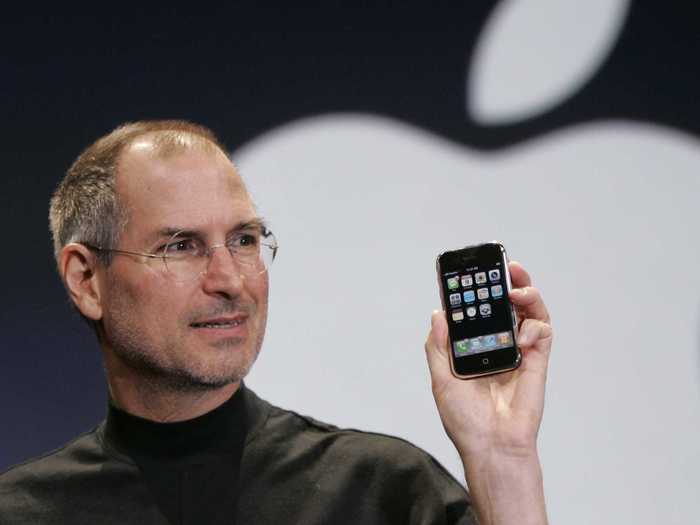
Google was the first to come up with a viable competitor to the iPhone with its Android operating system. The first Android phone debuted in late 2008 on the T-Mobile G1, which was made by HTC. It wasn't as good as the iPhone, but it was a great start.
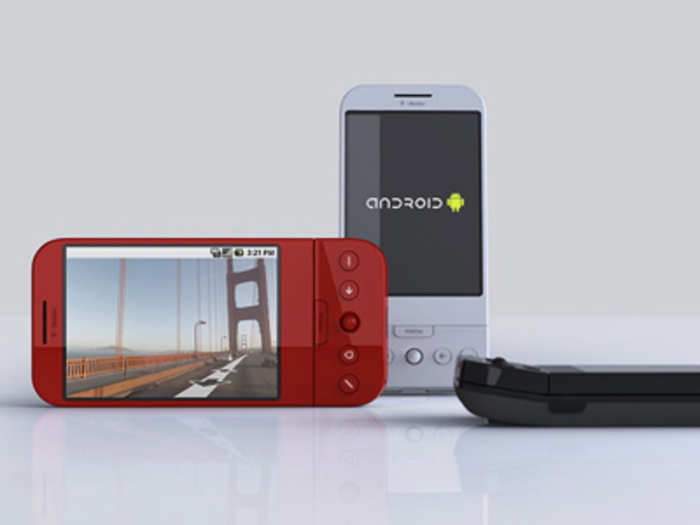
But Android really began to take off in late 2009 with the launch of the Motorola Droid on Verizon. The phone had a brand new version of Android that held up pretty well against the iPhone. It also had a physical keyboard and removable battery, two things people couldn't get with the iPhone.

Google introduced its first smartphone, the Nexus One, in January 2010. HTC made the hardware, but it was still considered Google's phone. Unfortunately, the Nexus One turned out to be a dud and Google stopped selling it within a few months.
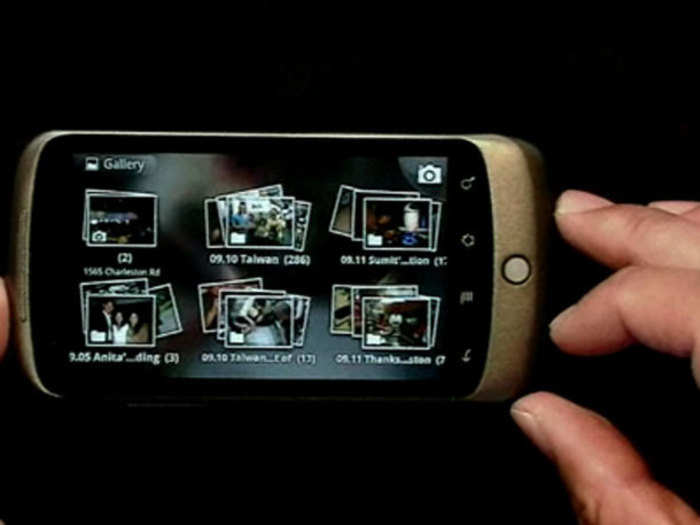
Shortly after the Nexus One launched, other major manufacturers like Samsung and HTC began cranking out a ton of Android phones. In 2010, Samsung debuted the first Galaxy S phone. HTC introduced the EVO 4G. Both set a new standard for high-quality Android phones.
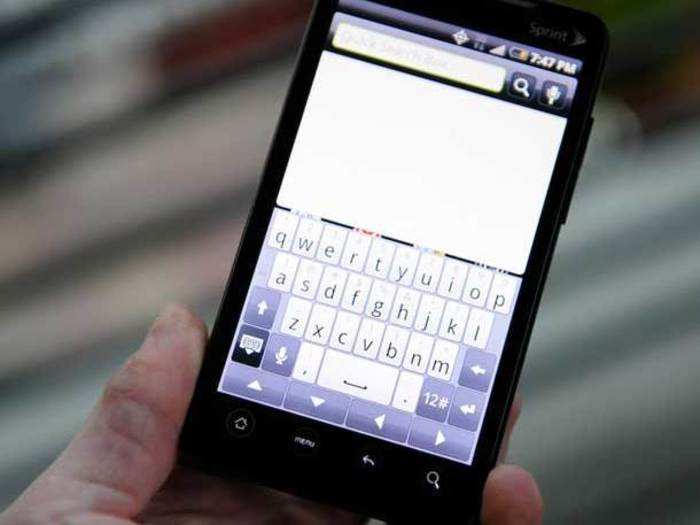
Microsoft was late to the new touch-based smartphone game. It launched Windows Phone 7 in the fall 2010 to lukewarm reviews. Since then, Windows Phones have gotten a lot better thanks to the most recent version of the OS, Windows Phone 8.
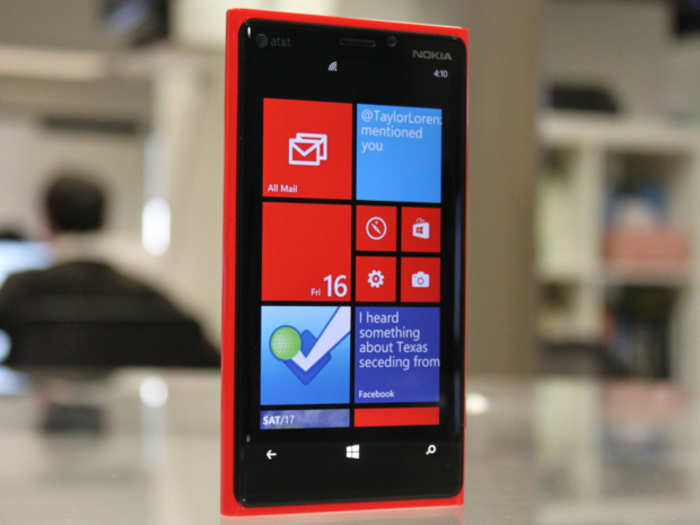
Verizon launched the first widespread 4G LTE network in the U.S. in early 2011. LTE is a technology that gives you data speeds about as fast as your cable or DSL modem. It also brought about the rise of using our phones as WiFi hotspots to get our tablets and laptops online on the go.
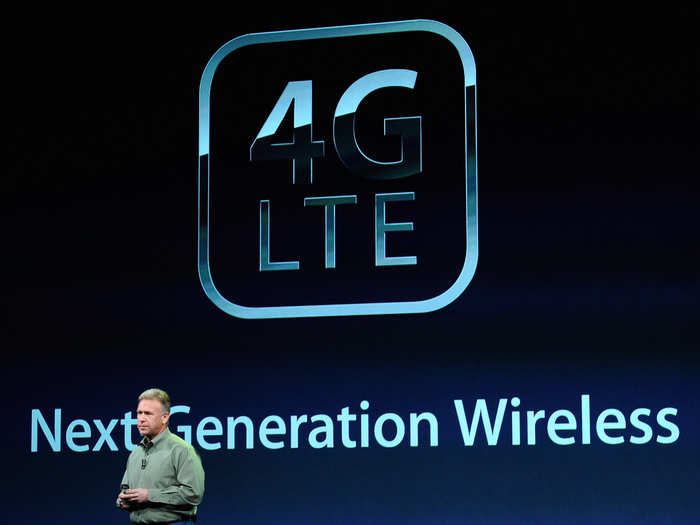
Samsung launched the Galaxy Note, a massive phone/tablet hybrid device, in 2012. It sold very well, and Samsung released the Galaxy Note II a few months later. In 2013, just about every manufacturer is expected to launch a so-called phablet device.
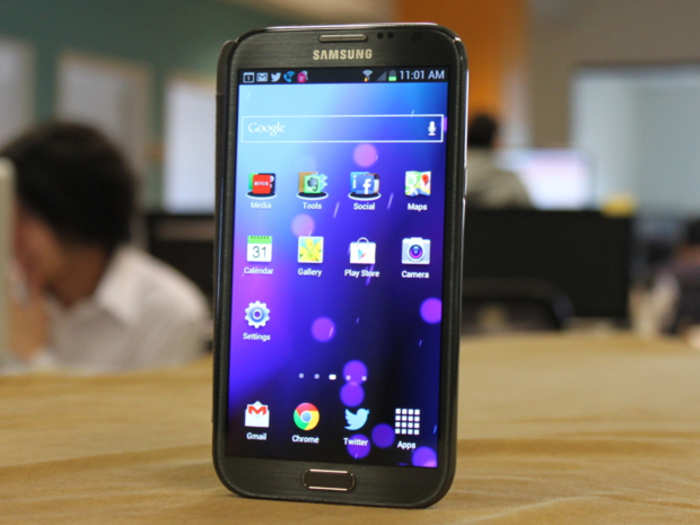
After failing to keep up with the competition for the last few years, RIM is giving it one final try with a radical new operating system called BlackBerry 10. BB10 will officially launch on January 30, 2013.
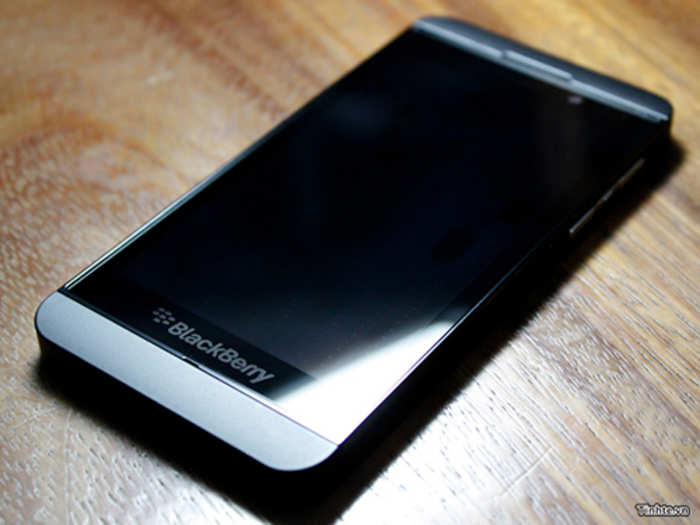
Want a closer look at the new BlackBerry operating system?
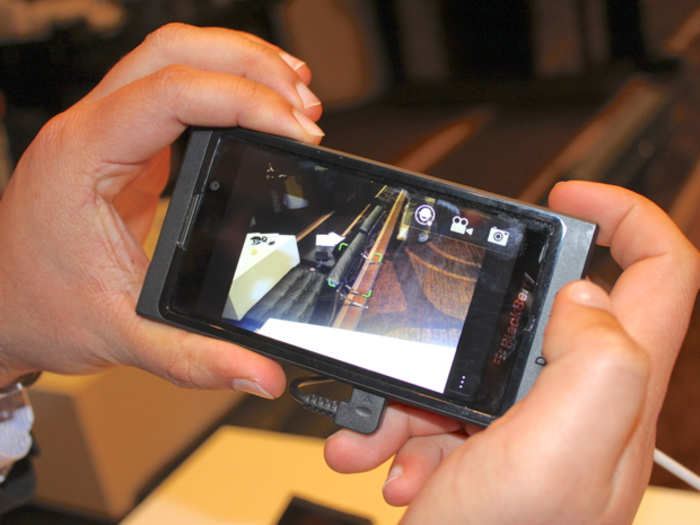
Popular Right Now
Popular Keywords
Advertisement